
Stiglitz Slams Trump’s Tariffs as Misguided 1950s Manufacturing Revival
Nobel Prize–winning economist Stiglitz says Trump’s tariff plan can’t revive 1950s-style manufacturing, citing robot-driven factories, weak logistics and higher prices.
My Global News: Voices of a New Era
🌍 Stay Ahead, Stay Global 🚀

Nobel Prize–winning economist Stiglitz says Trump’s tariff plan can’t revive 1950s-style manufacturing, citing robot-driven factories, weak logistics and higher prices.

Sheinbaum and Trump discussed steel, aluminum and auto tariffs but reached no deal, exploring USMCA and WTO options to protect cross-border trade.
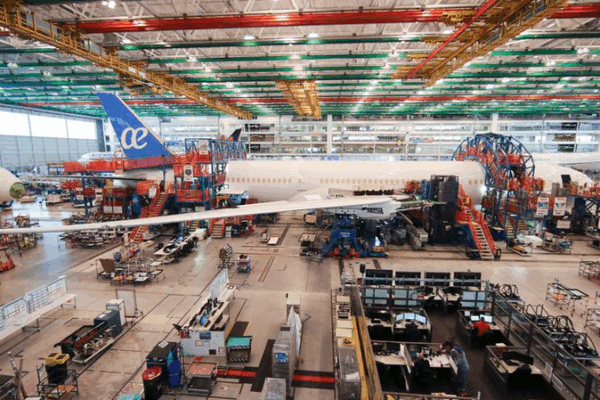
Exploring the costs, labor gaps, and politics shaping the revival of U.S. manufacturing.
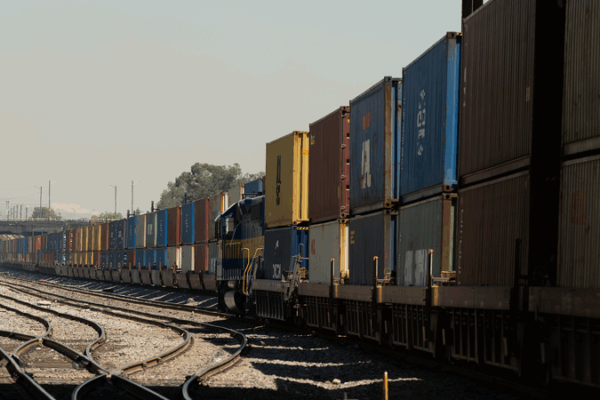
Experts warn that sweeping tariffs by U.S. President Trump may trigger a global recession, with Bangladesh and the Bahamas taking the heaviest blows.
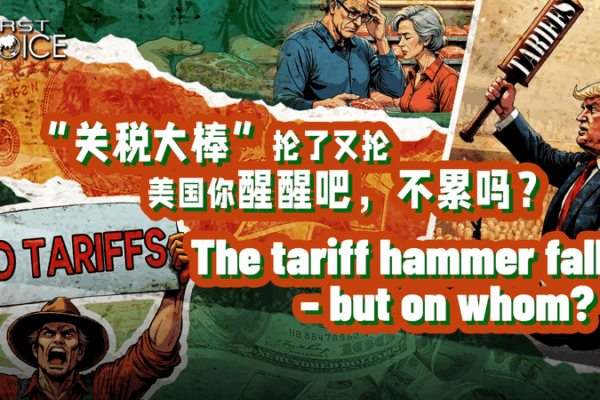
U.S. tariffs intended to protect jobs and security have backfired – driving up consumer costs, denting business value by $640 billion, and straining global partnerships.

Vigurus CEO Brian Jamieson says the Chinese mainland remains the top destination for shoe production despite high US tariffs and policy unpredictability.
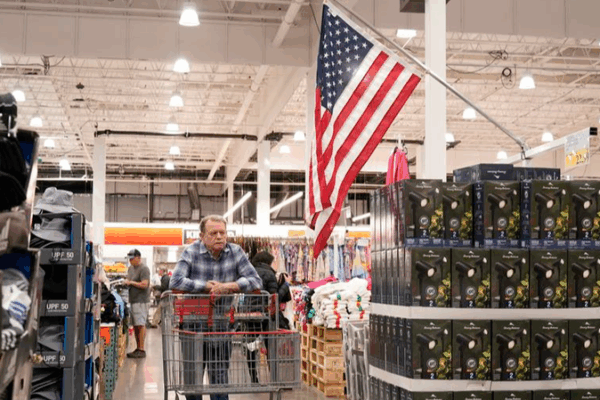
Tariffs on imports may trim deficits but risk disrupting global supply chains, hiking consumer costs and even rattling the dollar—why they could be a dead end.
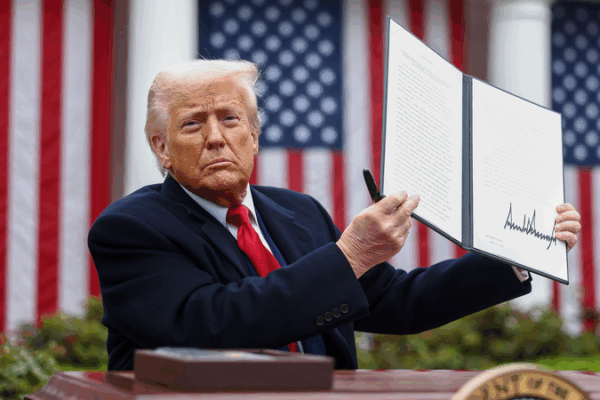
US reciprocal tariffs risk escalating a global trade spiral, driving up costs, disrupting supply chains, and chilling investment across G20 markets.

California is suing the U.S. government over Trump’s tariffs, citing major disruptions to its $3.9T economy—from almonds to e-commerce and port traffic.

Erratic U.S. tariff moves echo “The Boy Who Cried Wolf,” but the real danger lies in unchecked domestic fractures—inequality, infrastructure and governance cracks.